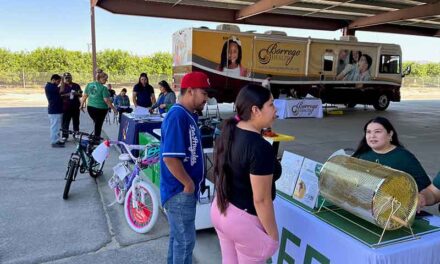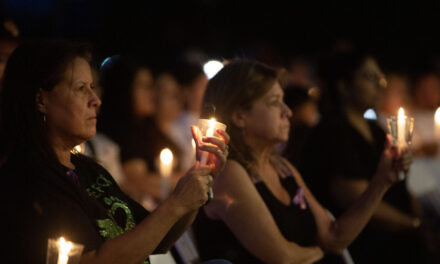As Respiratory Illnesses in Children Increase, Riverside County Health Officials Urge Safety Measures
Riverside County Public Health Officer Geoffrey Leung is urging parents to take the necessary precautions to protect their children as officials see an increase in influenza and respiratory syncytial virus (RSV) in young children.
“It’s that time of year and we are seeing children in Riverside County, some younger than 2 years old, who are sick with colds and coughs and some with RSV. While RSV is a common respiratory virus, it can make young children quite ill. So, we are asking that parents do what they can to prevent kids from getting sick,” said Dr. Leung.
Dr. Leung noted the following recommendations will help prevent the spread of RSV and other diseases:
- Wash hands frequently.
- Cover coughs and sneezes.
- Keep children home when sick.
According to the CDC, RSV results in around 58,000 annual hospitalizations and 100 to 300 deaths among children under 5 each year in the U.S.
Dr. Patricia Cummings, an epidemiologist at Eisenhower Health, said there have been 95 RSV cases at Eisenhower Health before the end of October, according to Yahoo News. About 93% of RSV cases have been among children younger than 18 years, and 70% of cases have been among the 0 to 4 age group.
Voluntary masking when indoors in schools and in public places provides protection from respiratory illnesses like RSV, Dr. Leung advised. And masking of adults around very young children (particularly those born prematurely) may also help to reduce the risk of RSV transmission.
Additionally, Public Health recommends that everyone 6 months and older receive an influenza
vaccination to protect against seasonal illness.
RSV typically causes mild, cold-like symptoms, but can be particularly serious for infants and older adults. It is the most common cause of bronchiolitis (inflammation of the small airways in the lung) and pneumonia (infection of the lungs) in children younger than 1 year old in the United States.
Symptoms of RSV can include shallow or difficulty breathing, cough, poor appetite, listlessness or
irritability and it can cause bronchiolitis (inflammation of the small airways in the lung) and pneumonia (infection of the lungs).
Residents are advised to call their healthcare provider and seek immediate medical attention if a child or anyone is having difficulty breathing.
For a list of Frequently Asked Questions (FAQs), click here.
Image Sources
- Ill child: Pexels







